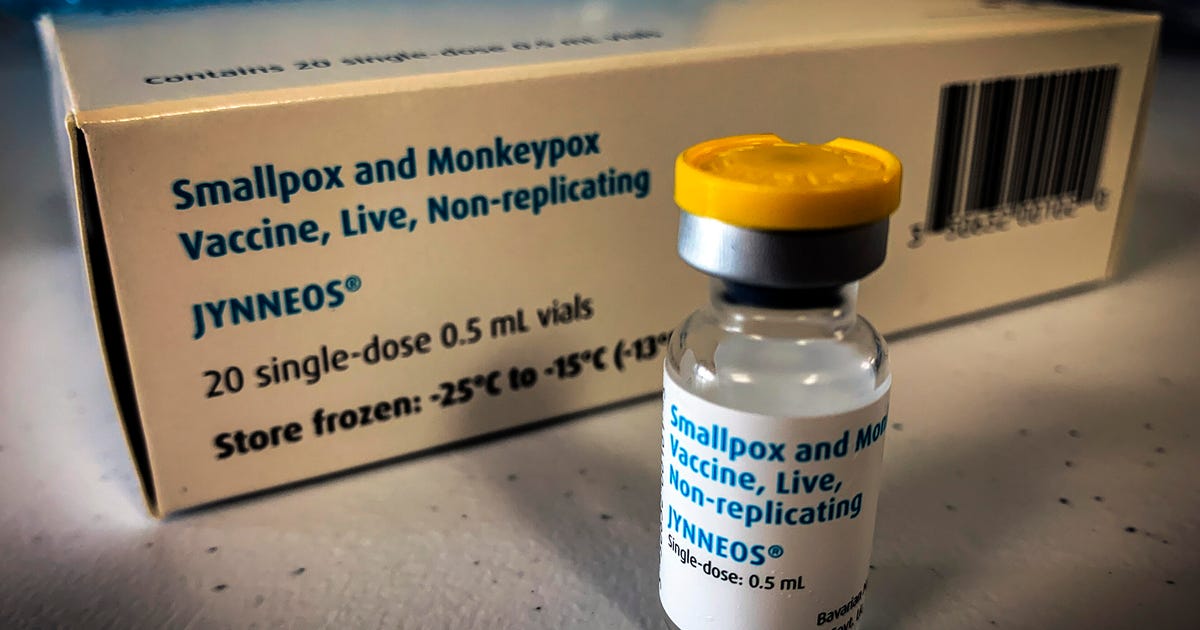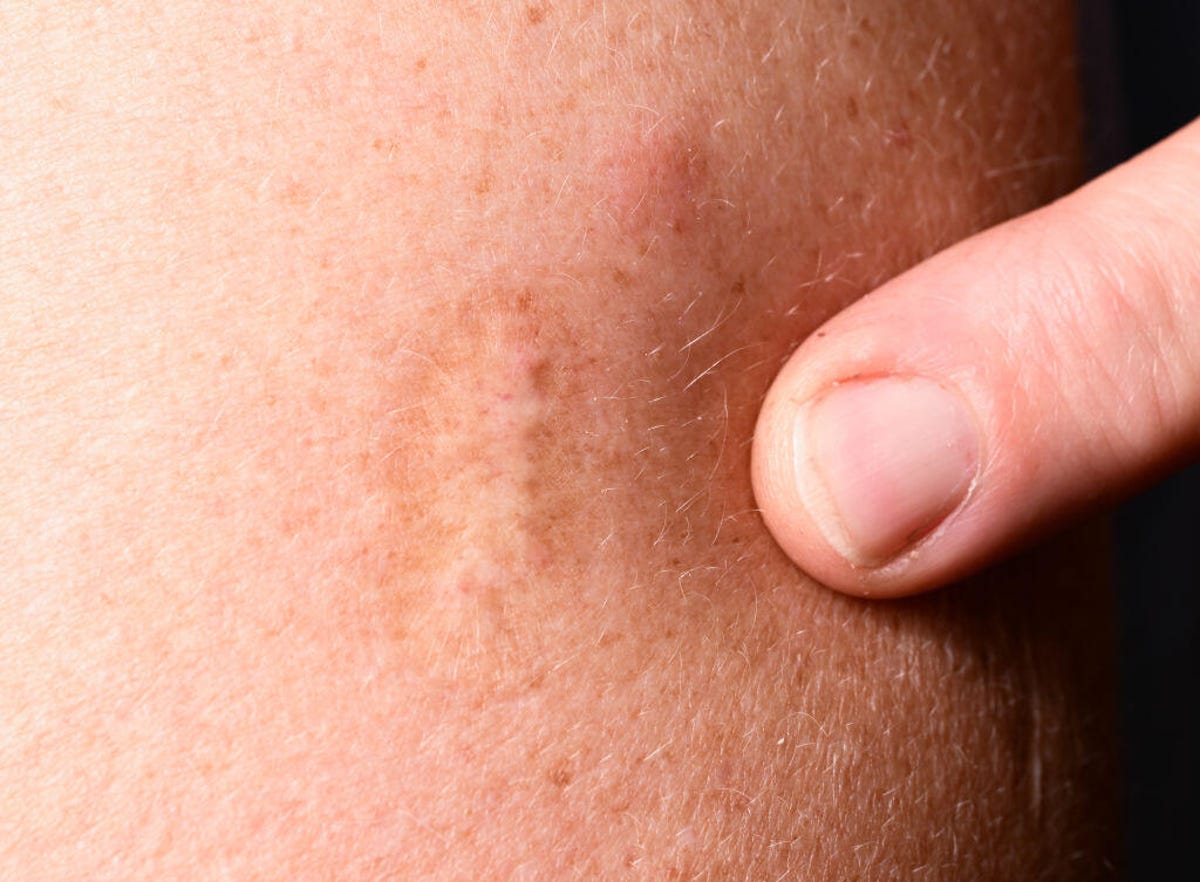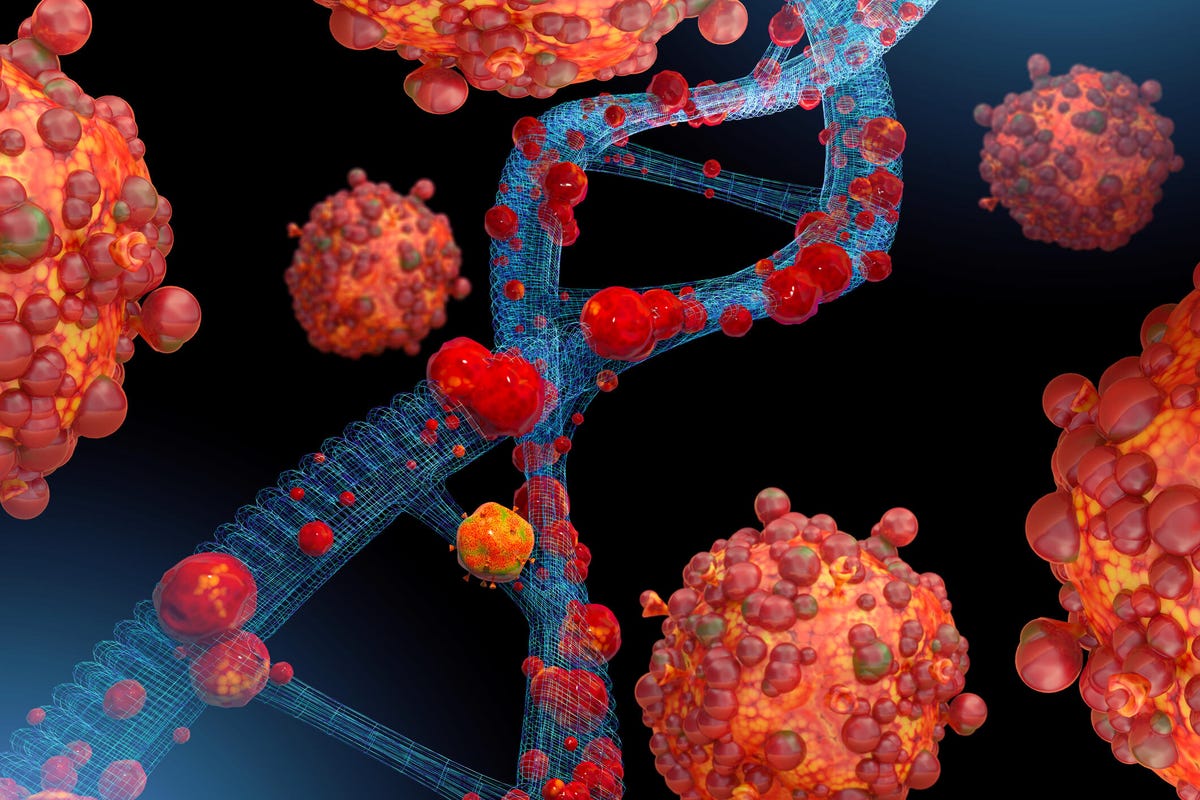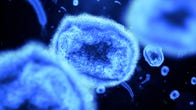
What’s happening
Vaccines are being offered to people at higher risk of the disease, but vaccine doses are in limited supply.
Why it matters
Vaccination could be an important step to help curb the spread of monkeypox, which isn’t showing signs of stopping.
What it means for you
Most people don’t need the monkeypox vaccine right now. But if you’ve had contact with someone who has monkeypox, or you’re in a community with higher spread, you might be eligible.
Monkeypox cases are increasing in the US, and without signs of stopping. About 2,900 cases have been confirmed throughout the United States and Puerto Rico. The US Department of Health and Human Services announced Thursday that it’s delivered more than 191,000 vaccine doses to state and city health departments.
But actually accessing the vaccine has been difficult for many people, with limited appointment availability, and demand exceeding the vaccine supply. (More monkeypox vaccine appointments opened up Friday in New York City, the epicenter of the monkeypox outbreak.)
Testing for monkeypox has also been lagging (US Centers for Disease Control and Prevention Director Dr. Rochelle Walensky said that the number of tests the US can run for monkeypox went up recently from 6,000 specimens a week to 70,000.) Many cases of the disease have been detected at sexual health clinics, possibly because monkeypox lesions can resemble those of sexually transmitted diseases like herpes. But the majority of the people being impacted by the current outbreak are gay and bisexual men — communities that tend to be proactive about sexual health, according to the World Health Organization’s regional director for Europe, Dr. Hans Henri P. Kluge.
Even with the testing and vaccine resources currently available, however, some experts fear the horse might’ve already left the barn.
“We’re sort of playing catch-up,” said Dr. Amesh Adalja, an infectious-disease expert and senior scholar at the Johns Hopkins Center for Health Security.
Here’s everything we know about monkeypox vaccination in the US. Also, read more about everything we know about monkeypox, including symptoms and how it spreads.
What is the monkeypox vaccine?
The US has two vaccines that work against monkeypox in its national stockpile. Both are expected to work before a monkeypox exposure, as well as after an exposure before symptoms start. (The fact that the vaccines work post-exposure sets monkeypox apart from diseases like COVID-19.)
Jynneos (made by Bavarian Nordic) is a new-generation vaccine approved by the US Food and Drug Administration in 2019 for monkeypox and smallpox. It’s a two-dose vaccine, with each shot given four weeks apart. It uses a weakened virus and is approved for adults 18 and older who are at high risk of getting monkeypox or smallpox.
Jynneos is the vaccine that is being shipped out and currently being used in the US monkeypox response. It’s limited in supply, but the CDC says there may be more available in the coming weeks and months.
Jynneos is the newest monkeypox vaccine, but it’s not the only one in the US stockpile.
ACAM2000 is a second-generation smallpox vaccine that also works against monkeypox. (The two diseases are closely related and both caused by orthopoxviruses, which makes this possible.) If necessary, the US Department of Health and Human Services said it’s also prepared to ship out the ACAM2000 vaccine, which is in greater supply than Jynneos but remains a second choice in the monkeypox response because it has a side effect profile that isn’t safe for certain people.
ACAM2000 is administered differently than the typical vaccine shot we’re used to. It’s given by dipping a needle into a vaccine solution which will then be “pricked” several times on the upper arm. It will cause a localized infection (a “pox”), prompting an immune response.
While ACAM2000 doesn’t cause smallpox, it contains live vaccina virus, which isn’t suitable for everyone. It could be unsafe for immunocompromised people, pregnant folks and those with certain heart or skin diseases.
Smallpox was declared eliminated from the world in 1980. The US stopped routine vaccination against it in 1972, though some health care workers or people who work in labs may have had the vaccine. According to the CDC, ACAM2000 is a derivative of Dryvax, which helped eradicate smallpox.

A smallpox vaccine scar. Jynneos, a newer-generation monkeypox and smallpox vaccine, is not the same type of vaccine as the one used to eradicate smallpox and it doesn’t leave a scar. People born before the mid-1970s might have a scar.
Picture Alliance/Getty Images
Who needs a monkeypox vaccine?
Most people don’t need a monkeypox vaccine right now. This isn’t a widespread rollout, like the kind most countries initiated for the COVID-19 vaccine. For starters, monkeypox doesn’t spread easily. You usually need to have prolonged, intimate contact with someone — think a household member, sexual partner or dance partner at a club.
While anyone can catch or spread monkeypox, gay and bisexual men are making up a disproportionate number of cases in the current outbreak. Ahead of the national response, New York began offering the vaccine to people who may be at higher risk of getting it. Colorado is also operating pop-up monkeypox vaccine clinics.
According to the CDC, you meet the criteria for a monkeypox vaccine if:
- You’re a contact of someone who has monkeypox or you were identified as possibly exposed via contact tracing.
- You had a sexual partner within the last two weeks who has monkeypox.
- You’ve had multiple sexual partners in the last two weeks in an area with a high number of monkeypox cases.
But ultimately, availability and eligibility depend on where you live and your state and local health department’s guidance. Adalja says the response to the current monkeypox outbreak isn’t meant to be one-size-fits-all.
In New York City, you must be an adult man who has sex with men, and you need to have either had multiple sexual partners in the last two weeks or anonymous sex, in order to make an appointment. In Colorado, the same criteria applies.
If you’re concerned about monkeypox or your risk for exposure, contact your doctor or local health clinic. Jynneos should also be prioritized for people who are at higher risk of getting severely sick, the CDC says, including people who are immunocompromised.
How effective are the vaccines?
Because the US outbreak of monkeypox is so new, there’s no data yet on exactly how effective the vaccines will be, according to the CDC. Effectiveness of Jynneos against monkeypox is supported by animal studies, the agency says. And though it won’t be used in most cases, ACAM2000 is closely related to Dryvax, the vaccine that helped get rid of smallpox. Effectiveness of ACAM2000 is supported by animal studies as well as human clinical trials.
While it’s not known how likely it is you’ll get monkeypox after getting vaccinated, you should still self-isolate if you develop symptoms of monkeypox, such as a rash, the CDC says. For the vaccine to be most effective post-exposure, the vaccine should be given four days after an exposure, according to the CDC. If given between four and 14 days post-exposure, it may not prevent infection, but is expected to reduce the symptoms of the disease, the agency says.

A computer image of a monkeypox virus.
Uma Shankar Sharma/Getty Images
Why does the US have a stockpile of monkeypox vaccines?
The US has a stockpile of Jynneos and ACAM2000 on hand not because the country was worried about an outbreak of monkeypox (which has been endemic in some African countries for years), but in case smallpox becomes a public threat again. Smallpox was declared eliminated in the 1980s, and the last natural outbreak in the US happened in the 1949s. But smallpox is usually much more severe than monkeypox, and officials worry it could be used as biological warfare.
“The stockpile was created in the event of a biological weapons attack on the United States with smallpox,” Adalja says. In this event, health officials would not be rationing vaccines or using only the newer-generation vaccine, according to Adalja.
“If there was a smallpox attack, we would be using whatever vaccines we have to be able to deal with it,” he added.
The information contained in this article is for educational and informational purposes only and is not intended as health or medical advice. Always consult a physician or other qualified health provider regarding any questions you may have about a medical condition or health objectives.

